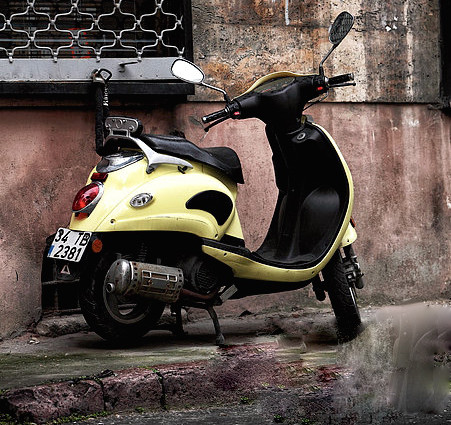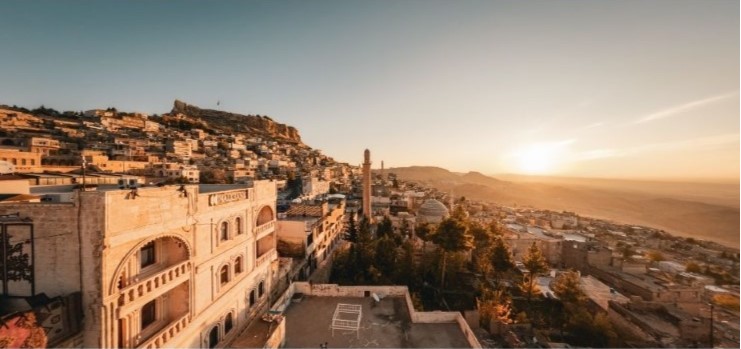The Ride of Your Life
[column parallax_bg=”disabled” parallax_bg_inertia=”-0.2″ extended=”” extended_padding=”1″ background_color=”” background_image=”” background_repeat=”” background_position=”” background_size=”auto” background_attachment=”” background_video=”” vertical_padding_top=”0″ vertical_padding_bottom=”0″ more_link=”” more_text=”” left_border=”transparent” class=”” id=”” title=”” title_type=”single” animation=”none” width=”1/6″]
[/column]
[column parallax_bg=”disabled” parallax_bg_inertia=”-0.2″ extended=”” extended_padding=”1″ background_color=”” background_image=”” background_repeat=”” background_position=”” background_size=”auto” background_attachment=”” background_video=”” vertical_padding_top=”0″ vertical_padding_bottom=”0″ more_link=”” more_text=”” left_border=”transparent” class=”” id=”” title=”” title_type=”single” animation=”none” width=”5/6″ last=”true”]
[column_1 width=”5/6″ last=”true” title=”” title_type=”single” animation=”none” implicit=”true”]
The man’s name is Can.
No, not can as in a can of Coke, but Can as in Jon. The Turkish letter “C” represents a “J” sound and the “A” vowel is more like “ahh”.
Can means life or soul so literally his name is “life”. Since Can is a few years older than me I call him “Abi” which means older brother. Small children call their older siblings Abi for big brother or Abla for big sister. However, it is good manners for younger boys and girls to call older boys and guys Abi as a sign of respect. A very old man would be called “Amca” or “Amja” for Uncle (remember the letter “c” in Turkish is a J).
I met Can Abi in a pide (pita) restaurant, the smell of fresh dough and baking cheese wafting in the air. He had just walked in and was intently talking to the younger guys, but suddenly turned to me and asked in Turkish, “What are YOU looking at?” He mistook me for a local. “He’s a foreigner – an American,” replied one of the younger guys. “Oh, welcome! How are you?” asked Can Abi visibly softening. As I finished my lunch and passed the normal formalities of meeting new people Can Abi told me that anytime I need to get out of the house or any time my head is mixed up, to come down and drink tea at the restaurant.
A Friendship is Born
Later that day Can Abi invited me to go to a kebap restaurant some time. A week or so went by after I took him up on his invitation and we met at his workplace to go together. In Turkey, it is very common to see delivery men zipping around on scooters – in and out of traffic, down sidewalks, sometimes laden with three or four of those large bottles of water for water coolers at the office. Can Abi’s scooter was nearby, so he motioned to me to hop on. We blasted down the road on his scooter to eat kebaps. Turkish culture reminds me of what I know of Mexican culture: the people are very lively, animated, hospitable to guests, and they know how to throw a party! The food similarly comes with seasoned meat and flatbread, much like Tex-Mex.
A Night on the Town
After Can Abi and I finished our kebaps he drove me back to the restaurant where he works, and he began loading large bags of lavash (flatbread) onto his scooter. After 6-7 bags he hopped on and said, “Let’s go, I’m taking you touring tonight.” Somehow the lavash and I fit on the back of the scooter and away we went. We went up hills and raced back down them, passed and dodged cars, swung into oncoming lanes to avoid traffic jams, and called out greetings to friends as we zipped past them. Can Abi told me which neighborhood we passed through, what the name of this mosque and that mosque was, what government building was here and there. After delivering the bags of lavash, we headed back to his restaurant, picked up more, and headed out again.
The night ended after all the flatbread was delivered and we went to one last restaurant. A Turkish man had recently opened a kebap place and was in the market for lavash bread. Can Abi walked in, introduced me as his American friend and we all drank some tea. The manager and Can Abi negotiated prices, passed around a box of cigarettes. I declined. “We’re all one people,” stated the manager. “You have hair, skin, eyes and ears just like me; we’re all one people. I don’t like wars or problems and you and me are one people,” added the manager. “We are all human beings,” I stated. Can Abi and the manager finished negotiations along with tea leading to “nice to meet yous” and “thank you for comings”. Back on the scooter and we were off. Tea, kebabs, and harrowing scooter rides are all part of connect with the heart of people in Turkey!
[/column_1]
[/column]






